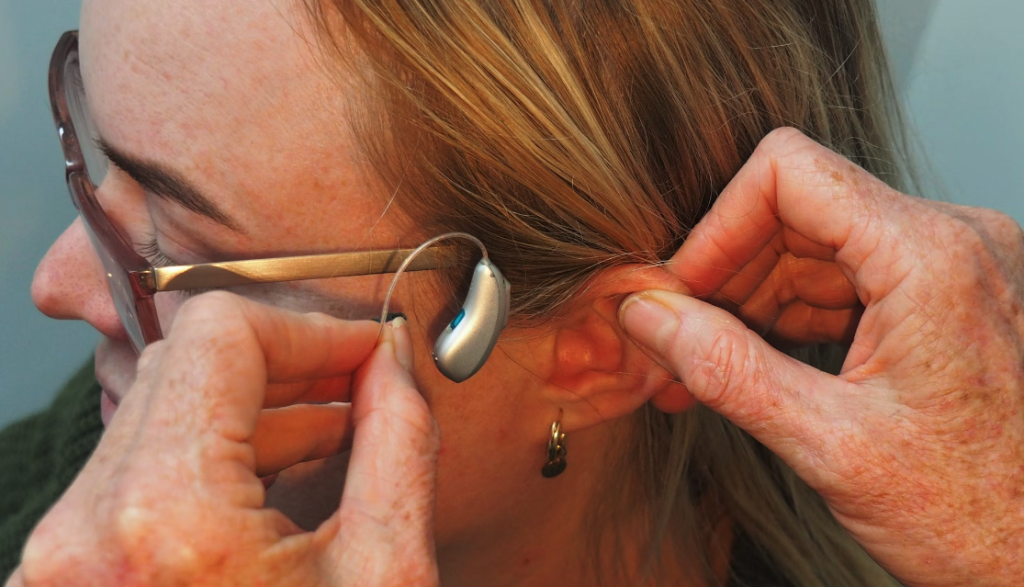By Flavie Detcheverry / 2022-09-13
In Canada, 38% of adults between the age of 20 and 79 years old suffer from hearing loss, which is diagnosed when someone has trouble hearing sounds over 20 decibels (for comparison, the volume of normal conversation usually ranges between 50-80 decibels). Additionally, 37% of adults suffer from tinnitus, which is characterized by the perception of noise not generated by any external source, for example, hearing ringing, hissing, buzzing, rushing or roaring sounds in the ears. According to statistics from the Government of Canada, hearing loss and tinnitus affect more men (63%) than women (46%) and typically get worse with age – only 9% of people aged 20 to 39 have hearing loss versus 94% of individuals aged 70 to 79 years old. These hearing-related disturbances can negatively impact the quality of life of the individual and have been associated with depression, anxiety and stress. When they coexist, mental and physical disabilities tend to influence and exacerbate each other, leading to more severe symptoms, and sometimes reduced social activity and self-isolation. This is a particularly important relationship to consider in the context of age-related cognitive decline and dementia, for which depression, anxiety, and stress are known to be risk factors.
Scientists have found that many people experience hearing loss 5 to 10 years prior to their diagnosis of age-related dementia. This may suggest that difficulty in hearing may contribute to cognitive decline. Because of this association, hearing loss is considered a modifiable risk factor for dementia. Modifiable risk factors are behaviours or exposures in a person’s life that, if changed, could potentially reduce their risk of developing a certain condition. This means that by treating a person’s hearing loss, we might be able to reduce their chance of developing dementia. Similar to this association, not smoking or quitting smoking can reduce a person’s risk for lung cancer. There are two possible explanations for this association, the first suggesting that it is auditory deprivation and lack of stimulation caused by hearing loss that contributes to cognitive decline. The other hypothesis suggests that hearing loss causes the brain to work harder on hearing and listening, which means that there are fewer resources available for other cognitive processes such as attention and working memory, which in turn contributes to cognitive decline. Whichever explanation is true, it is clear that the treatment of hearing loss is very important and should not be neglected, especially in older adults, or in individuals at risk for age-related dementia.
Research also shows associations between hearing loss and functional and anatomical changes in the brains of older adults. These changes can be assessed using neuroimaging techniques such as structural and functional magnetic resonance imaging…

